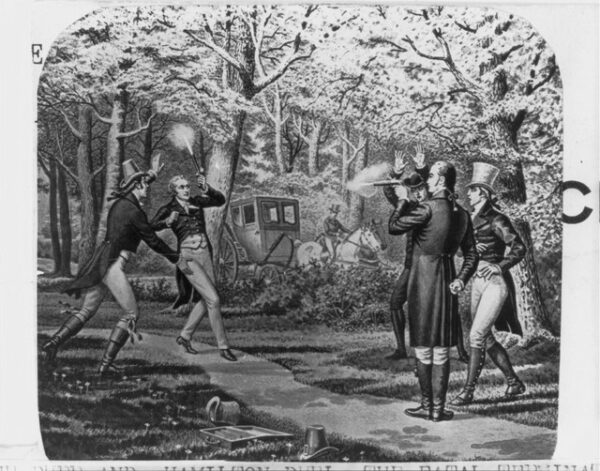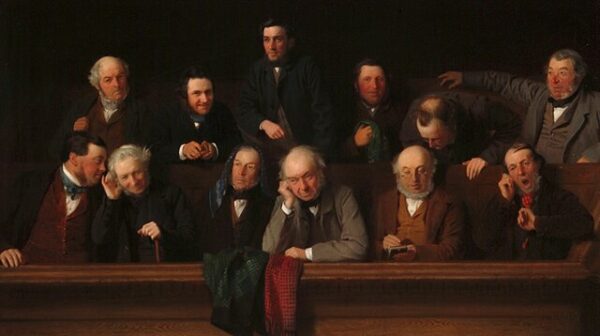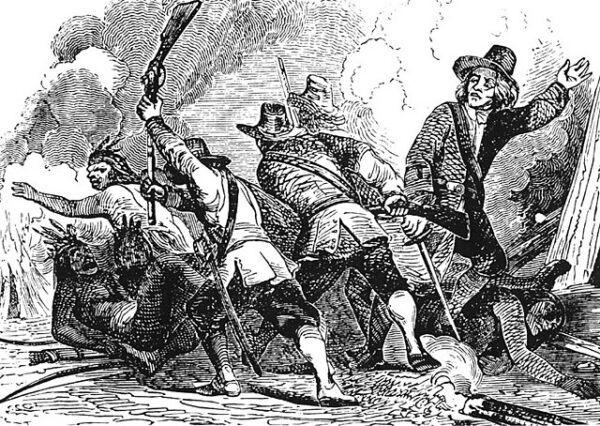The most famous duel in American history took place on July 11, 1804. This duel was the culmination of a long-standing and bitter rivalry between Alexander Hamilton, the first Secretary of the Treasury, and Aaron Burr, the then-sitting Vice President of the United States.
The immediate cause of the duel stemmed from the New York gubernatorial race of 1804. Burr, having been marginalized within his own party and dropped from Thomas Jefferson’s ticket for the upcoming presidential election, decided to run for governor of New York. Hamilton campaigned vigorously against Burr, believing he was unfit for the position and, more broadly, a danger to the nation. Burr lost the election, and in the aftermath, a letter was published in a newspaper that quoted Hamilton expressing a “despicable opinion” of Burr. Burr, feeling that his honor had been irreparably tarnished, demanded an explanation and an apology from Hamilton.
Hamilton, who had been involved in numerous “affairs of honor” and opposed the practice of dueling, tried to defuse the situation. However, his responses were seen as evasive, leading Burr to formally challenge him to a duel. Hamilton, feeling compelled by the code of honor prevalent among gentlemen of the time, reluctantly accepted the challenge.
The duel was scheduled for the early morning of July 11, 1804, in Weehawken, New Jersey, a popular dueling ground across the Hudson River from New York City. This location was chosen partly because dueling was illegal in both New York and New Jersey, though New Jersey’s penalties were less severe.
Both men arrived at the dueling ground with their seconds. Hamilton’s second was his close friend Nathaniel Pendleton, and Burr’s was William P. Van Ness. The pistols used in the duel were provided by Hamilton’s brother-in-law, John Barker Church, and were the same ones used in a previous duel in which Hamilton’s son, Philip, had been killed three years earlier.
According to accounts from their seconds, Hamilton fired first, intentionally aiming high, possibly intending to miss Burr and end the matter without bloodshed. However, Burr’s shot struck Hamilton in the lower abdomen, causing severe internal injuries. Hamilton was carried back across the river to New York, where he died the following day, July 12, 1804.
The duel had immediate and far-reaching consequences. Burr was charged with murder in both New York and New Jersey, though he was never tried. His political career was effectively ruined, and the vice president spent the rest of his life in relative obscurity and financial ruin. The Federalist Party, already in decline, lost one of its most influential and visionary leaders in Hamilton.
Public opinion at the time was overwhelmingly against dueling, and Hamilton’s death prompted renewed efforts to outlaw the practice more rigorously. The event also solidified Hamilton’s legacy as a martyr for the Federalist cause and dramatically shaped the future of the United States.






